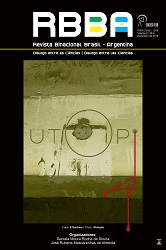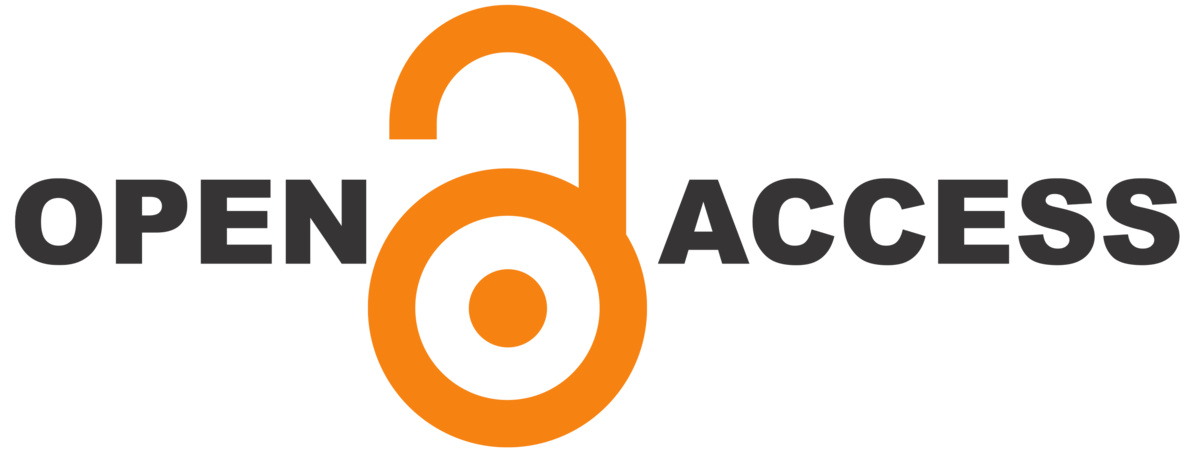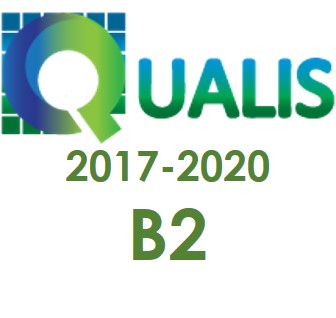LA VISIÓN DEL CONCEPTO DE FEMICIDIO EN EL PROFESORADO DE MATEMÁTICA. UN ESTUDIO DE CASO
DOI:
https://doi.org/10.22481/rbba.v8i2.6307Keywords:
Formação de professores, Feminicídio, Justiça socialAbstract
In this work we analyze a sequence of teaching for the formation of teachers, which addresses the concept of feminicide and that was designed from the perspective of teaching mathematics for social justice by a math teacher a math teacher, attending postgraduate studies. The teacher's work reveals the way she understands feminicide and we discuss her vision, confronted with the legal figure of this concept, established in Uruguay by the Law on acts of discrimination and feminicide. The study carried out offers evidence that the teacher seemed to confuse female homicide with feminicide and that this view is reflected in the teaching sequence. This could lead the recipients of the sequence, future mathematics teachers, to the formation of a wrong view of this social and legal figure.
Key words: Teachers training. Feminicide. Social justice.
Downloads
References
AMORIM, L. C. A atenção dada às emoções na sala de aula pelo professor de matemática: contribuições dos critérios de idoneidade didática. Jequié, Ba, 2017. Dissertação de Mestrado, Programa de Pós-Graduação em Educação Científica e Formação de Professores-UESB.
ALMEIDA, A. R. S. A emoção na sala de aula. Campinas, SP: Papirus, 1999.
CAPRA, F. O ponto de mutação. 14. ed. Tradução Álvaro Cabral. São Paulo: Cartaz, 1980.
CHAMIE, L. M. S. A Relação Aluno-Matemática: alguns de seus significados. Rio Claro, SP, 1990. Dissertação de Mestrado -UNESP.
DAMÁSIO, A. R. O Erro de Descartes: emoção, razão e cérebro humano. Tradução portuguesa Dora Vicente e Georgina Segurado. 4 ed. São Paulo: Companhia das Letras, 1996. Título original: Descartes’error: emotion, reason and the human brain.
FIGUEIRA, P. V. S. T. Ansiedade matemática em crianças com baixo desempenho em aritmética: memória de trabalho, controle inibitório, e efeitos da ansiedade matemática de pais e professores. Vitória da Conquista, Ba, 2019. Dissertação de Mestrado, Programa de Pós-Graduação em Ensino-UESB.
FONSECA, Mª. C.F. R. O evocativo na sala de aula: uma possibilidade educativa. Rio Claro, SP, 1991. Dissertação de Mestrado - UNESP.
GARDNER, H. Estruturas da Mente: A teoria das inteligências múltiplas. Tradução Sandra Costa. Porto Alegre: Artes Médicas Sul, 1994.
GASCÓN. I. Mª. G. Matemática Emocional. Madrid: Narcea, S.A. 2000.
GOLEMAN, D. Inteligência emocional: A teoria que redefine o que é ser inteligente. Revisão da Tradução: Ana Amélia Schuquer. 54 ed. Rio de Janeiro: Objetiva, 1995. Título Original: Emotional Intelligence.
GUSMÃO, T.C. R. S., EMERIQUE, P. S. Do erro construtivo ao erro epistemológico: um espaço paraas emoções.Bolema, Rio Claro, (n.14), (p. 51-65). 2000.
GUSMÃO, T.C. R. S. Em cartaz: razão e emoção na sala de aula. Edições UESB, Vitória da Conquista, Ba, 2009.
LOPES, I. Ma. F. do C. Aspectos afectivos da actividade matemática escolar dos alunos. Lisboa, 1997. Dissertação de Mestrado - Departamento de Educação da Faculdade de Ciências -Universidade de Lisboa.
LUNA, S. V. Planejamento de pesquisa: Uma introdução. São Paulo: EDUC, 1998.
McLEOD, D. B., ADAMS, V. M. Affect and mathematical problem solving: A new perspective. Editors with 16 illustrations. Springer - Verlag New York, London, Paris, Tohyo, Berlin, Heidelberg. 1989.
______. Affective issues in mathematical problem solving: Some theoretical considerations. Washington State University. (Journal for Research Mathematics Education, 1988, vol.19, no. 2, 134-141).
SARMENTO, M. S. Interdisciplinaridade: Diálogo e sobrevivência. Jequie, Bahia: Universidade Estadual do Sudoeste da Bahia, [ca. 1995]. (Mimeogr.)
SYLWESTER, R. How Emotions Affect Learning. Educational Leadership, University of Oregon, Eugene, 1994, v. 52, n. 2.
WEIL, P. et. al. Rumo a nova transdisciplinaridade: Sistemas abertos do conhecimento. São Paulo: Summus, 1993.
Downloads
Published
How to Cite
Issue
Section
License
Copyright (c) 2020 Revista Binacional Brasil-Argentina: Diálogo entre as ciências

This work is licensed under a Creative Commons Attribution 4.0 International License.












